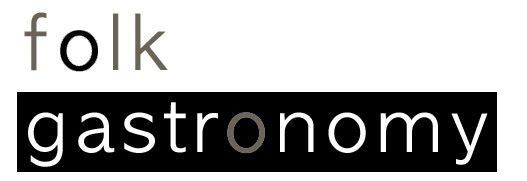[image | Kelsey Conophy]
Orientations to words such as bland and tasteless are situated at
the confluence of the senses and memory- impromptu rendezvous of mind
with body- a menu where Descartes is seemingly let to pasture in
fields of hidden permanence. Memories of things that are not there
such as tastelessness require an a priori knowledge of taste- a fixed
cartesian plot; a recollection of what isn't there; an expectation
gone to seed meted out by the grist mills of ontological rupture.
The process of recalling memories and their networks is itself an
abstraction that's at once liberated from and founded in external
fact- a quandary Parmenides may have discretely dipped his ladle in
to in hopes of being sustained by emptiness. A coupling of taste and
memory becomes a non-euclidean taste receptor where there is no
agonist that stimulates a neural pathway- rather, it's a ghost, a
specter, a phantasm of a molecule that excites the cascade of taste
through the conformations of taste and memory- the image of the thing
as itself moving easily between noumena and phenomena. Is it the
performance of adjectives that index a priori phenomenological and
cognitive experience; that intimate the inextricable network of
operations suspended between taste and memory? Tastelessness calls
to the block the authority of memory, the replication of experience-
splitting the two, memory and experience, momentarily like the white
from the yolk before the baker dips a light-as-air souffle into the
dense aioli. Wednesday, October 1, 2014
Subscribe to:
Post Comments (Atom)


No comments:
Post a Comment